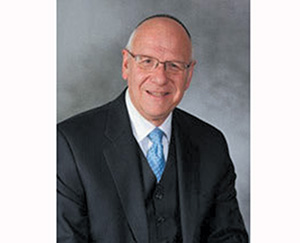
Upon reading this morning’s haftarah, one finds the connection to our parsha quite obvious. Just as the Torah reading included the Israelites’ great song of praise after the victory over the Egyptians, the haftarah relates the Israelites’ song of praise after their victory over the oppressive Canaanites. But there is far more that connects these two stories. Our rabbis point out (Pesachim 118b) that the victory over the Canaanites mirrored, in many ways, the victory over the Egyptians. As the Egyptians drowned in the waters of the Yam Suf, so were the Canaanites swept away by the waters of Nachal Kishon. While the chariots of Egypt were mired in the muck of the sea bed, so were the Canaanite chariots stuck in the mud of the overflowing river. As a result, the Egyptians lost 600 iron chariots in the Red Sea; as a result, the Canaanites lost 900 chariots at Har Tavor. It was in reaction to this miraculous and unexpected victory that Moshe Rabbeinu led Israel in song, just as Devora the nevia led Israel in song after their miraculous and unexpected victory.
Beyond these similarities, I would add a salient point: there are but four women in all of Tanach who are referred to as a “prophetess” (one of them being a false prophetess). The first time that occurs is in this morning’s parsha where Miriam is called a “nevia,” while the second time it is mentioned is in today’s haftarah, which tells the story of Devora who was both the only woman shofetet, judge, and the only judge to be a prophet as well.
There is also, however, a very important contrast between the two stories that is important to note. The newly freed slaves at the Yam Suf were incapable of facing the Egyptians. Their perception of their oppressors as “masters” or “invincible” weakened any resolve they may have had and forced Moshe to silence their cries and reassure them by stating, “Hashem yilachem lachem, Hashem will fight for you.” Devora, however, turns to her general, Barak, and directs him to gather an army, and she turns to all of the tribes with the call to send men into battle. Devora knew that in this very parsha we read of how Moshe had charged Yehoshua to raise an army in order to fight Amalek because God will help you in battle but would no longer fight those battles by Himself.
The essence of victory is man’s efforts and Hashem’s support. Hashem expected that of Devora and Barak and expects no less from us.
By Rabbi Neil N. Winkler
Rabbi Neil Winkler is a past rabbi of the Young Israel of Fort Lee and now lives in Israel.








